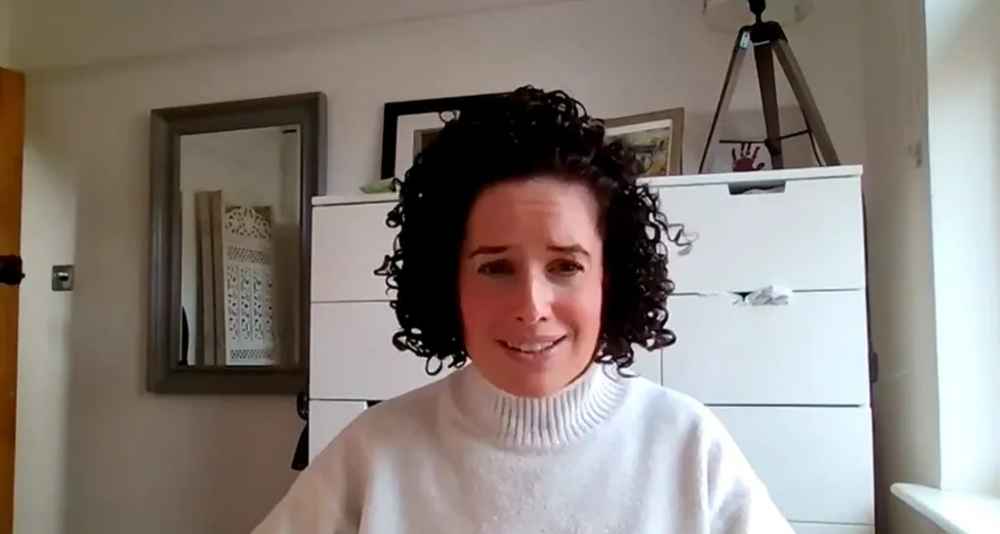In recent years, the trend of personalized diets tailored to blood sugar levels has gained traction, spurred on by companies like ZOE and their promotion of continuous glucose monitors CGMs. However, amidst the buzz surrounding this approach, there is growing skepticism and concern among healthcare professionals regarding its scientific validity and potential risks. As doctors question the science behind blood sugar diet trends, it’s imperative to delve into the complexities of this burgeoning phenomenon and its implications for public health.
The concept behind blood sugar diet trends revolves around the idea that monitoring blood glucose levels after meals can provide valuable insights into individual responses to different foods. Proponents argue that this information can guide dietary choices, optimize health outcomes, and even prevent chronic conditions like diabetes and heart disease. Companies like ZOE offer programs where participants wear CGMs and track their food intake to analyze blood sugar responses, among other parameters like gut microbiome composition.
However, despite the promises of personalized nutrition based on blood sugar data, healthcare professionals raise several critical points of concern. One key issue is the lack of robust evidence supporting the efficacy and safety of this approach, particularly for individuals without diabetes. While fluctuations in blood sugar levels may have implications for health, the interpretation of these readings in non-diabetic individuals remains ambiguous.
Dr. Nicola Guess, a dietitian and diabetes researcher at the University of Oxford, highlights the dearth of evidence linking minor fluctuations in blood sugar to adverse health outcomes in non-diabetic populations. The majority of research on blood sugar and health focuses on diabetic or pre-diabetic individuals, making it challenging to extrapolate findings to the general population. Moreover, there is a risk of misinterpretation and unnecessary dietary restrictions based on blood sugar readings, potentially leading to adverse health consequences.
Critics also question the validity of other components of blood sugar diet programs, such as gut microbiome testing, which remains a nascent and evolving field with many unanswered questions. While ZOE and similar companies tout their use of “cutting-edge” research, experts caution against overreliance on preliminary findings and direct-to-consumer testing without adequate scientific validation.
Furthermore, concerns are raised about the potential psychological impact of continuous monitoring and obsessive focus on numbers, particularly for individuals predisposed to eating disorders. Prof. Partha Kar, NHS national diabetes advisor, warns of the risk of developing disordered eating behaviors driven by an excessive fixation on blood sugar readings. This underscores the importance of considering the mental health implications of blood sugar diet trends and ensuring appropriate support and guidance for participants.
Despite these concerns, proponents of blood sugar diet trends argue that they fill a gap in traditional dietary approaches and empower individuals to take control of their health. Dr. Sarah Berry, ZOE’s chief scientist, defends the company’s program as a holistic approach grounded in existing nutrition research. However, critics like Dr. Guess emphasize the need for rigorous scientific validation and caution against overselling products based on speculative findings.
The debate surrounding blood sugar diet trends reflects the intersection of science, marketing, and public health. While personalized nutrition holds promise, it must be based on robust evidence and prioritize the well-being of individuals. As doctors question the scientific basis of blood sugar diet trends, it is essential to critically evaluate their validity, efficacy, and potential risks to ensure informed decision-making in dietary interventions.
